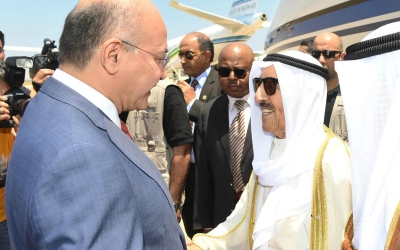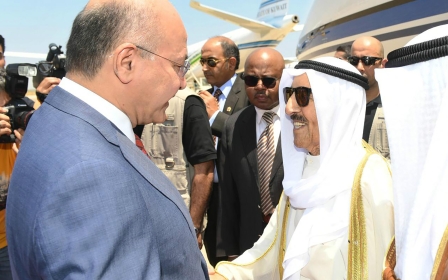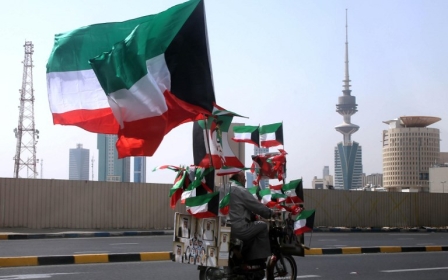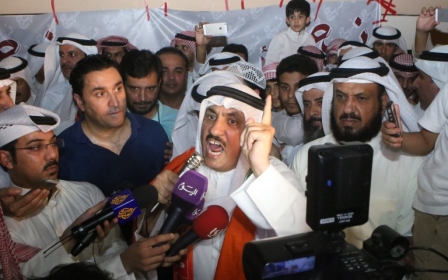Kuwait says emir has recovered from 'setback'
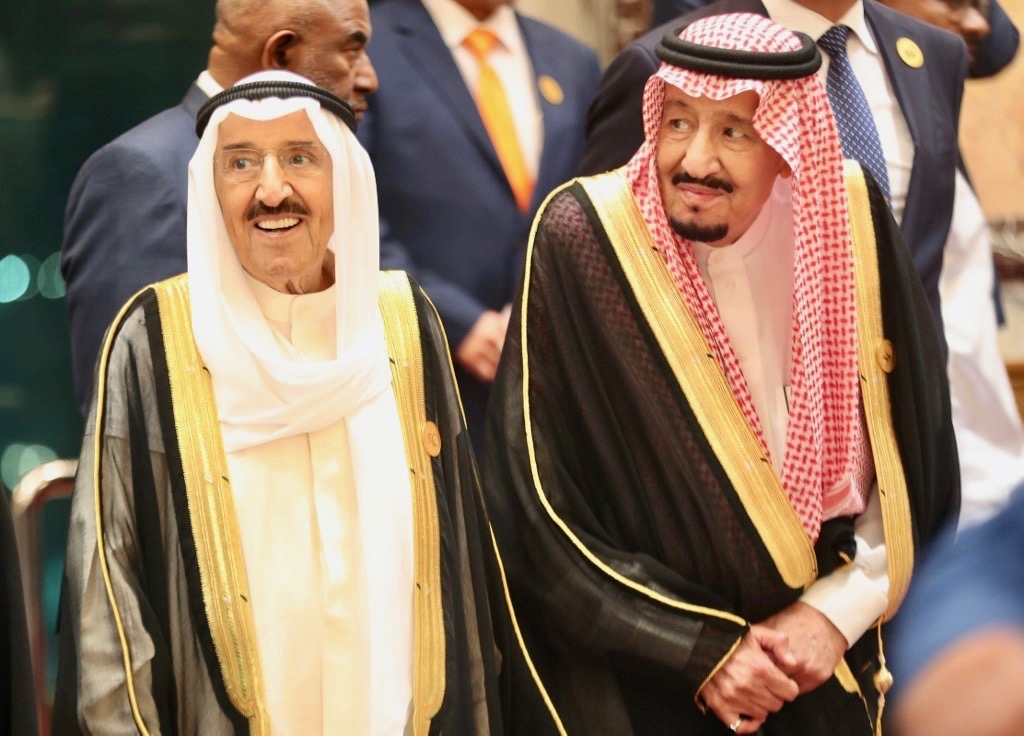
Kuwaiti state media on Sunday reported Emir Sheikh Sabah al-Ahmad al-Jaber al-Sabah had "recovered", shortly after Iran's foreign minister indicated that the 90-year-old ruler was unwell.
It cited the Acting Emiri Diwan Minister Mohammad Dhaifallah Sharar as saying that Sheikh Sabah had gone through a medical checkup and the results were good, Reuters reported.
The emir "has recovered from a setback and is in good health now", Kuwait's official news agency KUNA said, citing a palace statement, without specifying the nature of the "setback". The agency gave no further details. Kuwait’s Ministry of Information did not respond to a request for comment from the Associated Press.
Iranian Foreign Minister Mohammad Javad Zarif had earlier on Sunday wished Sheikh Sabah a "speedy recovery" after talking with the Gulf state's officials, AFP reported.
"Good talks with Kuwaiti crown prince and foreign minister. Praying for Emir's speedy recovery," Zarif wrote on Twitter.
Unlike its strained relations with Saudi Arabia and the United Arab Emirates, Iran maintains good ties with Kuwait, which has acted as a mediator to improve ties between Tehran and Arab Gulf states.
The emir was seen in public last week during Muslim prayers and appeared in good health.
Prior to KUNA's report late on Sunday, there had been no word on the emir's health in official media or Kuwaiti newspapers.
Sheikh Sabah had a pacemaker implanted in 2000 and underwent successful urinary tract surgery in the US in August 2007.
Sheikh Sabah has ruled Kuwait since January 2006. He’s pushed for diplomacy to solve regional issues, including the ongoing boycott of Qatar by four Arab nations, and hosted major donor conferences for war-torn nations like Iraq and Syria, the AP said.
Middle East Eye delivers independent and unrivalled coverage and analysis of the Middle East, North Africa and beyond. To learn more about republishing this content and the associated fees, please fill out this form. More about MEE can be found here.


